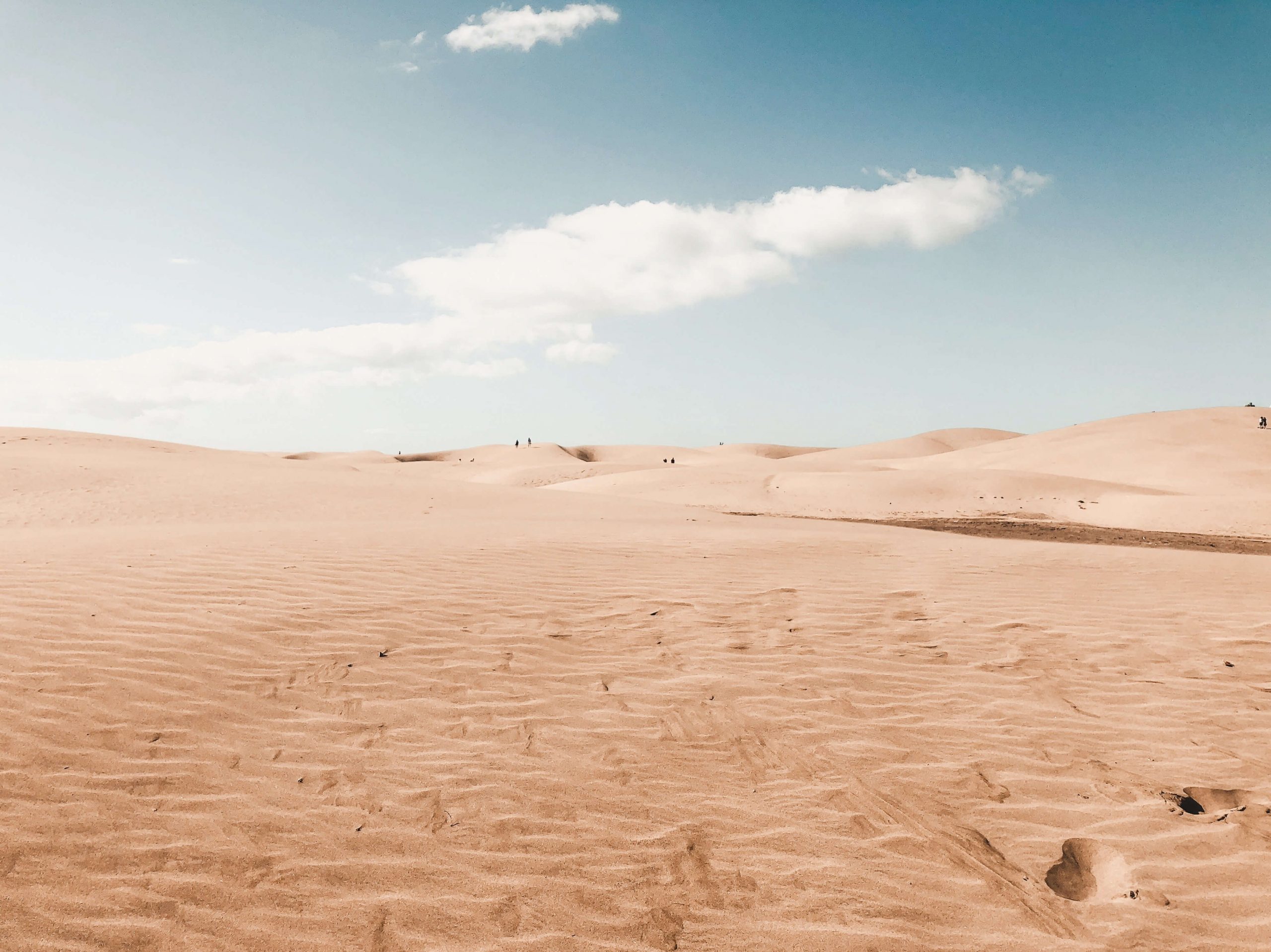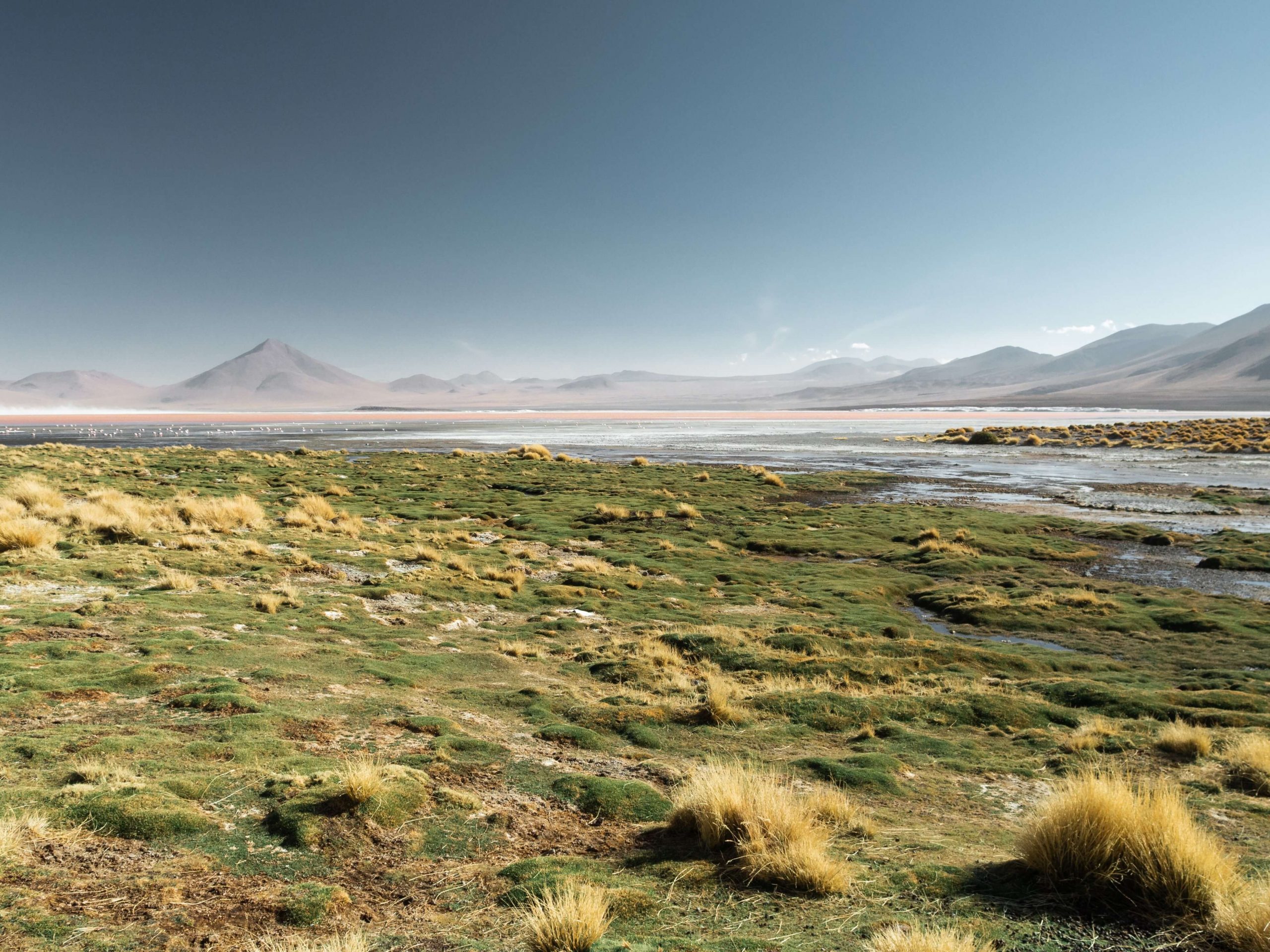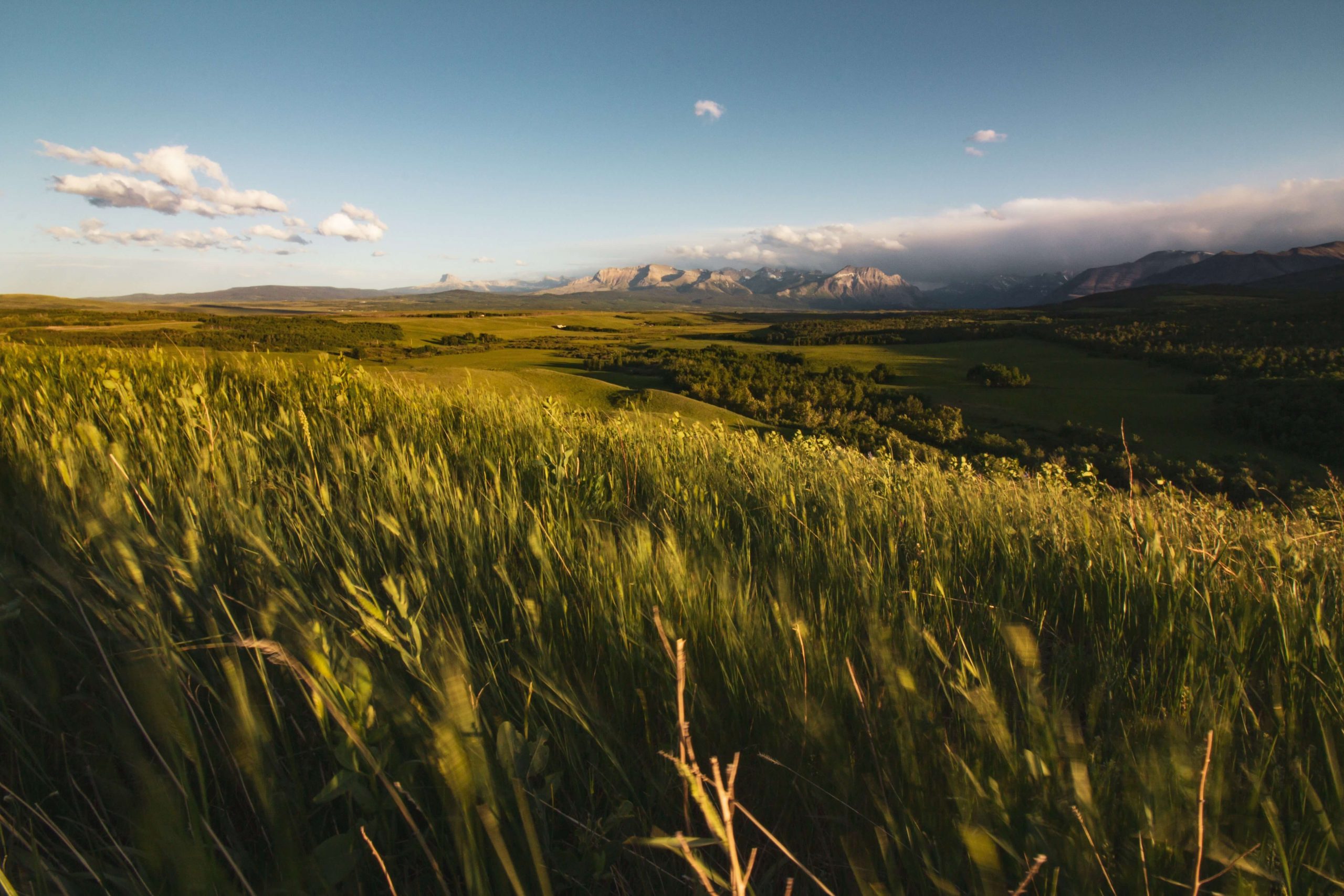QUIZ
Challenge yourself
Climate change is a complex and serious issue. It is not easy to understand and solve it, because the Earth’s climate depends on many factors. How much do you know about it? Are you ready for the challenge?
What is the Greenhouse gas effect?
 Photo by Alan Jones on Unsplash
Photo by Alan Jones on Unsplash
The greenhouse gas effect is the process by which greenhouse gases in the Earth's atmosphere absorb infrared radiation from the sun, reflect some of it back into space and emit some of it towards the Earth. This natural process provides for relatively stable and mild temperatures on Earth and in the atmosphere. However, human activity can change the concentration of greenhouse gases in the atmosphere, which can amplify the greenhouse effect and thereby increase the global temperature on Earth, with negative consequences for ecosystems and socio-economic systems.
Global average temperatures have increased by __ degrees since the Industrial Revolution (1880).
 Photo by Annie Spratt on Unsplash
Photo by Annie Spratt on Unsplash
The global average temperature has increased by 1 degree Celsius since pre-Industrial times. Certain parts of the planet have experienced even higher local average temperature increases.
Which of the following is the biggest cause of global warming?
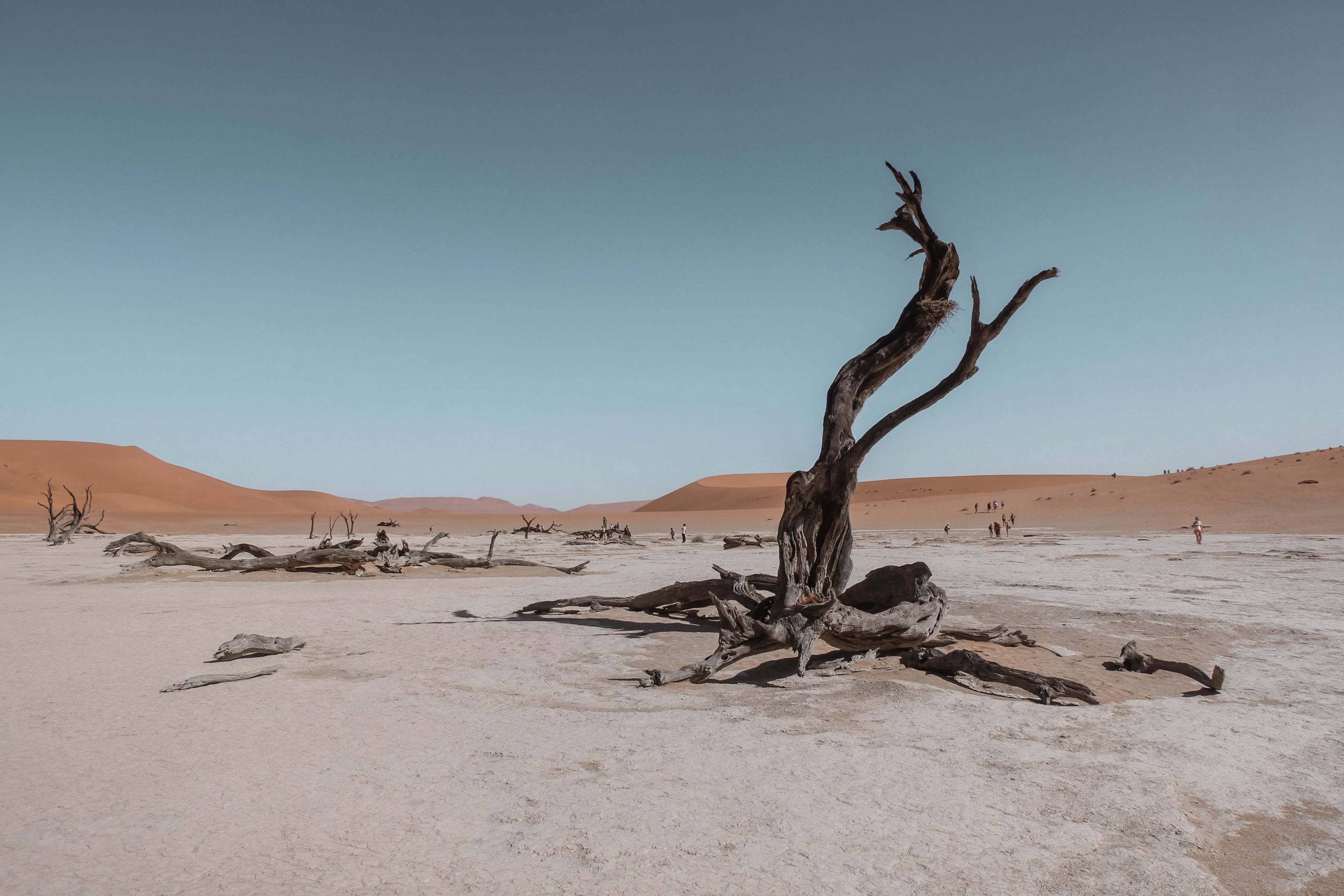 Photo by Anqui Lu on Unsplash
Photo by Anqui Lu on Unsplash
The combustion of fossil fuels for energy is the biggest source of carbon dioxide emissions linked to human activity and a major cause of global warming.
Which of the following greenhouse gases is currently considered the most significant in relation to global warming?
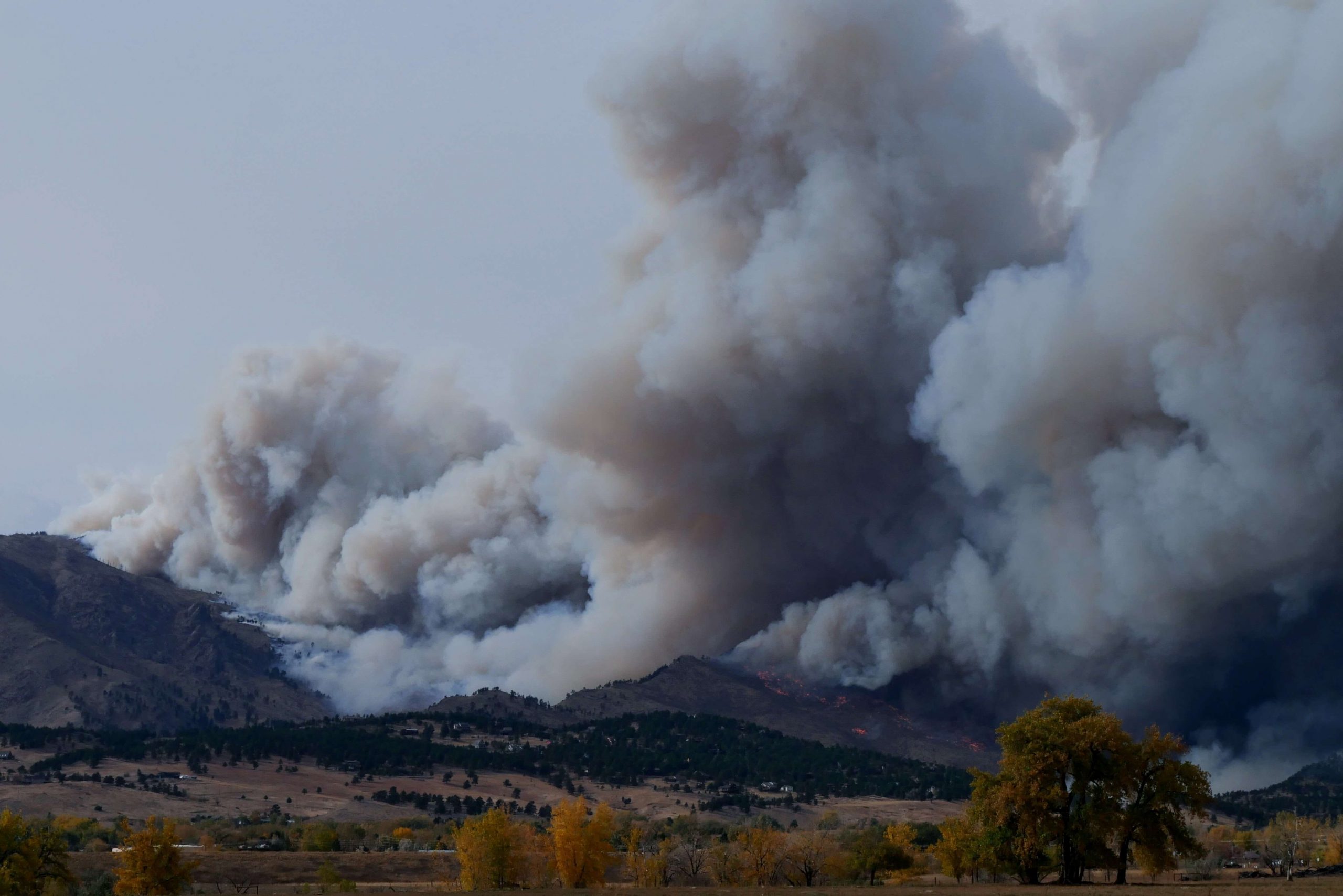 Photo by Malachi Brooks on Unsplash
Photo by Malachi Brooks on Unsplash
CO2 is generally considered the most important greenhouse gas for global warming mitigation. All greenhouse gases have a Global Warming Potential (GWP) relative to CO2, which has a GWP of 1. GWP is a measure of how much energy the emissions of 1 ton of a gas will absorb over a given period of time, relative to the emissions of 1 ton of CO2.
What has the scientific community concluded about climate change?
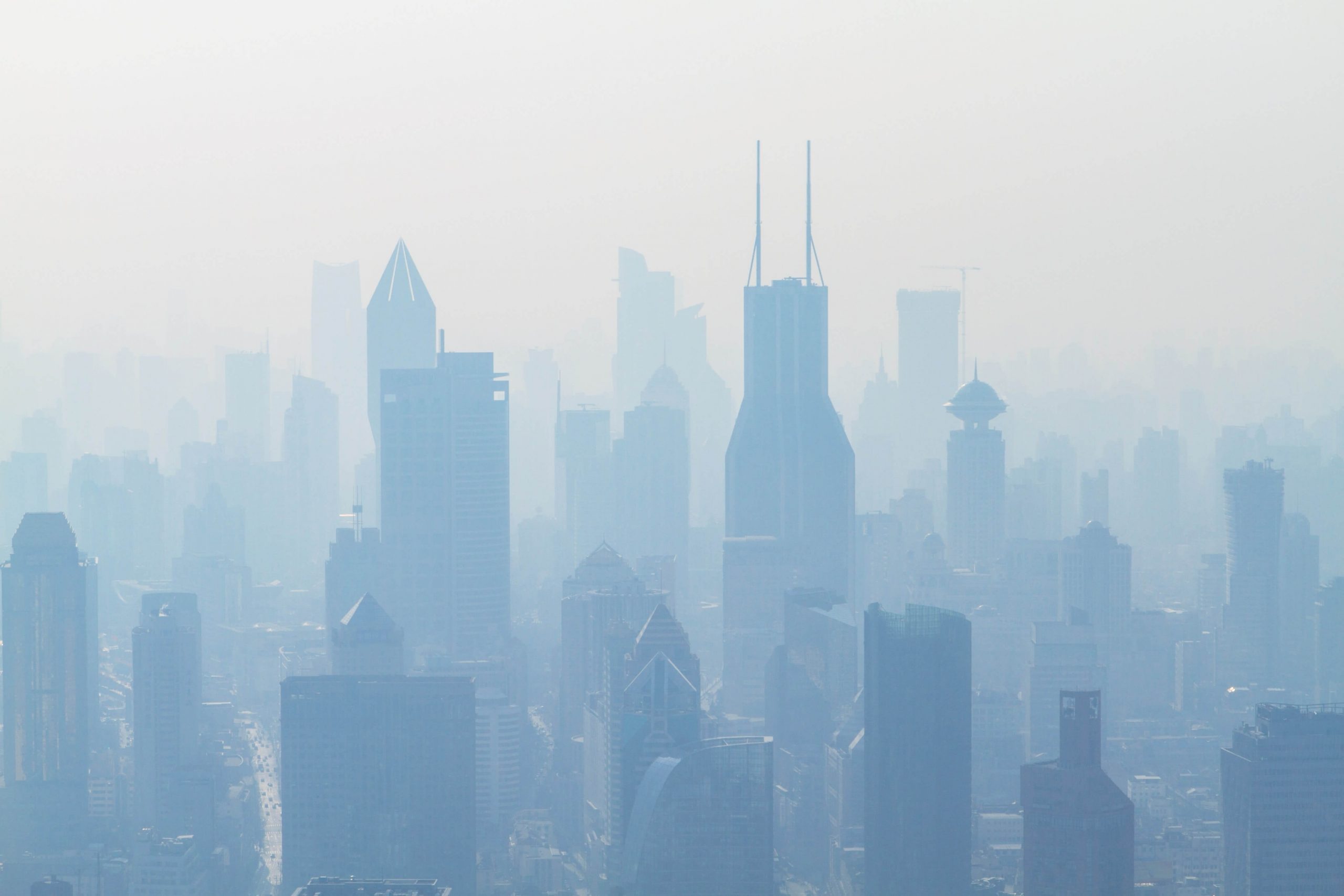 Photo by Photolgic on Unsplash
Photo by Photolgic on Unsplash
The U.N. Intergovernmental Panel on Climate Change (IPCC), the leading scientific body on the subject, has declared that human-caused warming of the atmosphere, land and oceans is “unequivocal.” The only way to limit warming is to zero out emissions of greenhouse gases produced by burning fossil fuels and other human activities, the IPCC said.
Climate change and extreme weather are linked.
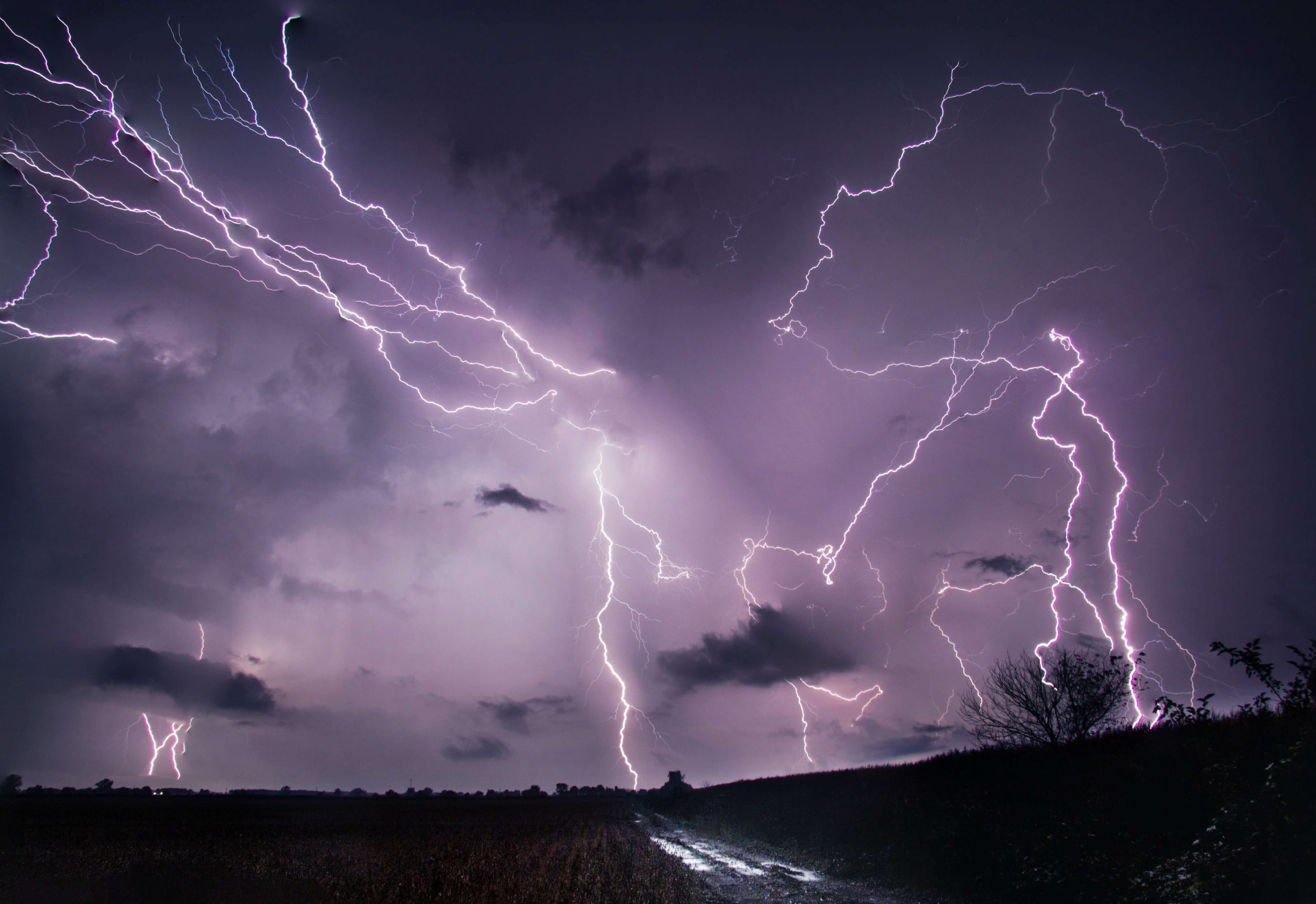 Photo by NOAA on Unsplash
Photo by NOAA on Unsplash
Climate change can worsen the effects of certain types of severe weather events, such as hurricanes, wildfires, heat waves, droughts, floods and even snowstorms.
What are Nature-Based Solutions to climate change?
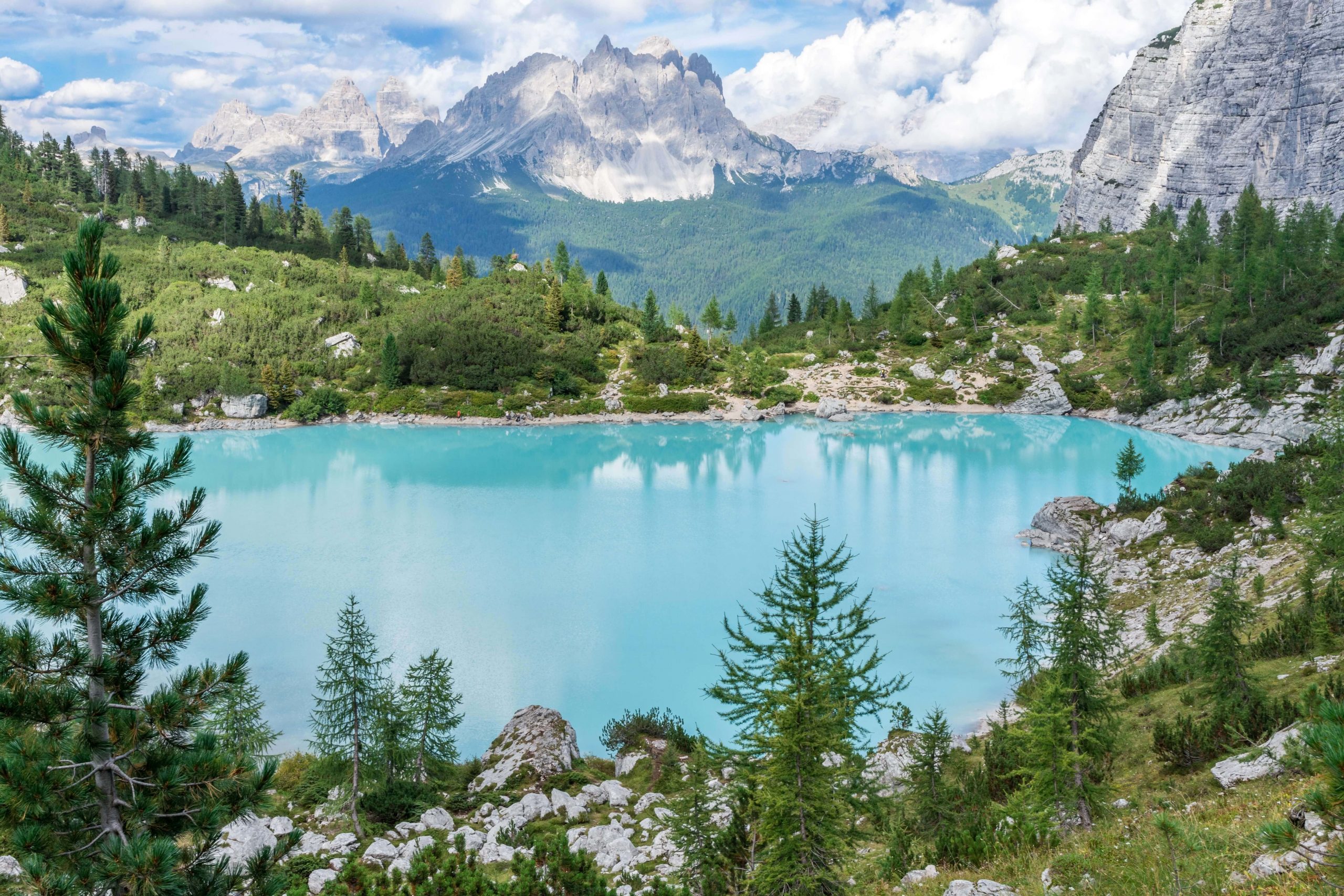 Photo by Giammarco Boscaro on Unsplash
Photo by Giammarco Boscaro on Unsplash
Nature-based Solutions are solutions to climate change that are inspired by and/or mimic existing processes in nature to protect, sustainably manage, or restore natural or modified ecosystems in an effective and adaptive manner, while simultaneously providing societal well-being and biodiversity benefits.
What is permafrost?
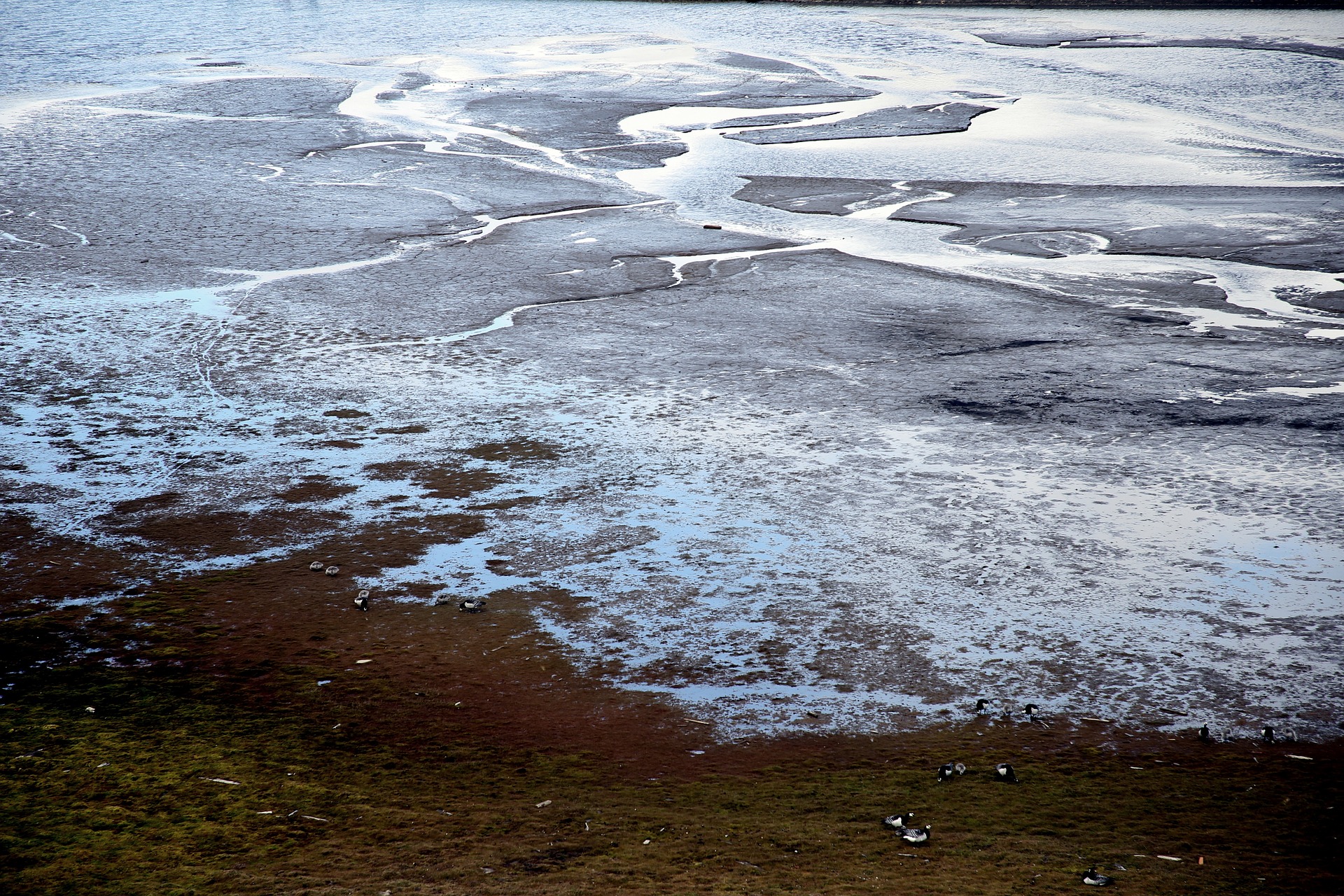 Photo on Pixabay
Photo on Pixabay
Permafrost is any ground that remains completely frozen - 0°C (-32°F) or colder - for at least two years straight. These permanently frozen grounds are most common in regions with high mountains and in Earth’s higher latitudes - near the North and South Poles.
How much does a healthy diet support the transition to a more sustainable economy and contribute to the reduction of GHG emissions?
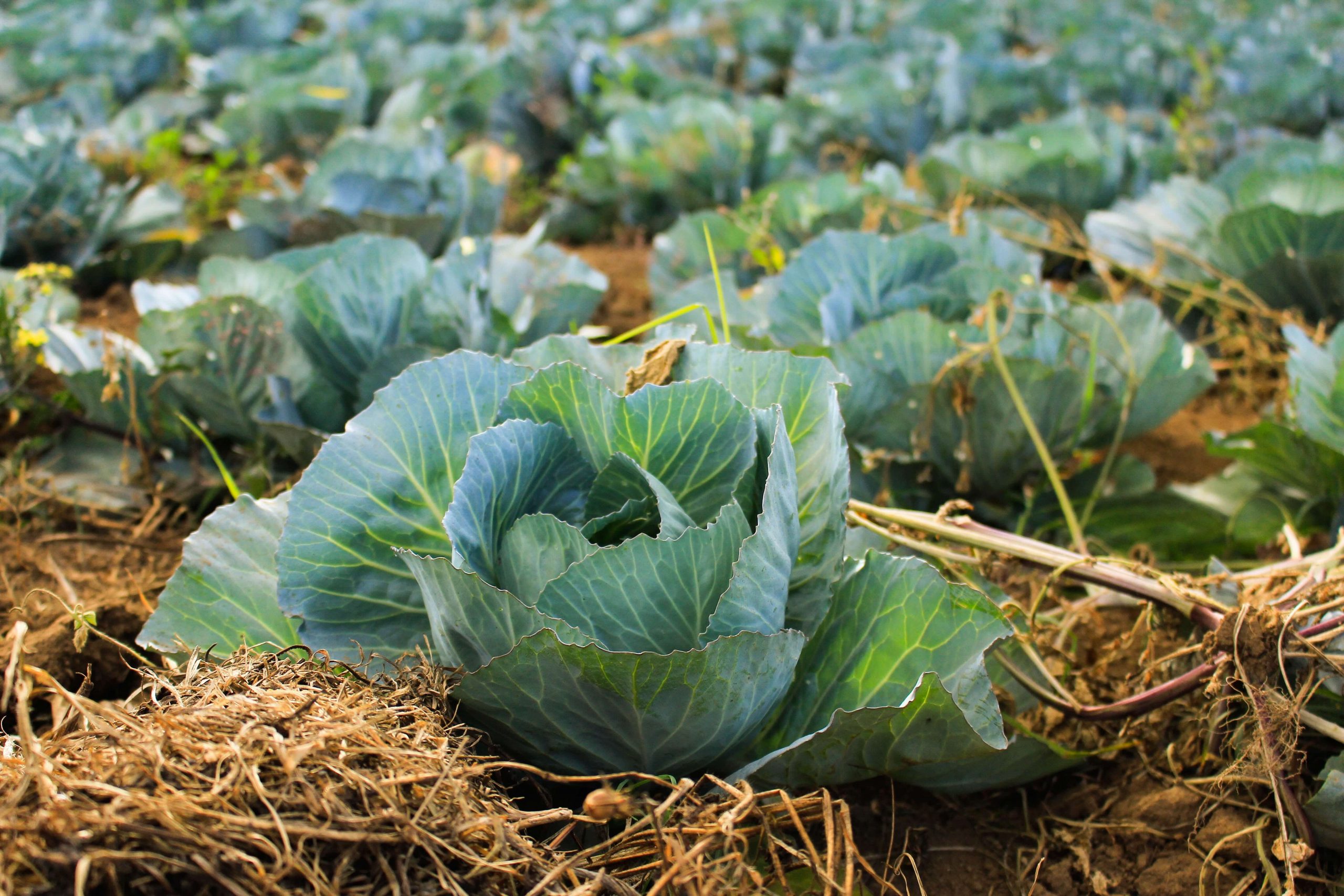 Photo by Arnaldo Aldana on Unsplash
Photo by Arnaldo Aldana on Unsplash
Daily food choices are directly responsible not only for individual and global health, but also very much for the emission of greenhouse gases in the atmosphere. A recent study published in the journal Nutrition, Metabolism and Cardiovascular Disease demonstrates that a weekly diet that does not exclude any food types, but rather includes all of them in the optimal frequencies and quantities for cardiovascular prevention is also able to reduce greenhouse gas emissions in relation to current European consumption by 48.6%.
Where have some of the strongest and earliest impacts of global warming occurred?
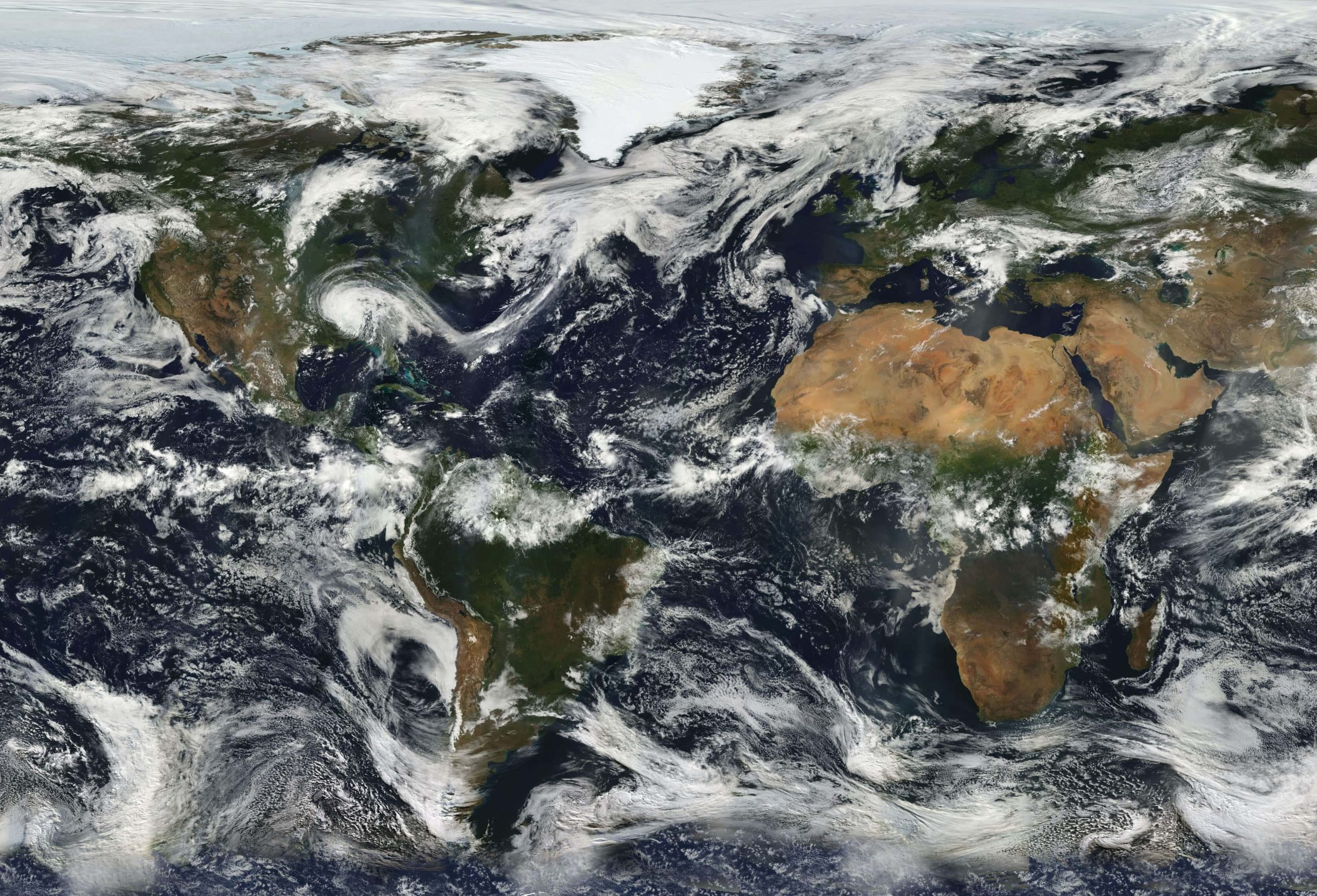 Photo by NASA on Unsplash
Photo by NASA on Unsplash
Some of the fastest-warming regions on the planet include Alaska, Greenland and Siberia. These Arctic environments are highly sensitive to even small temperature increases, which can melt sea ice, ice sheets and permafrost.
